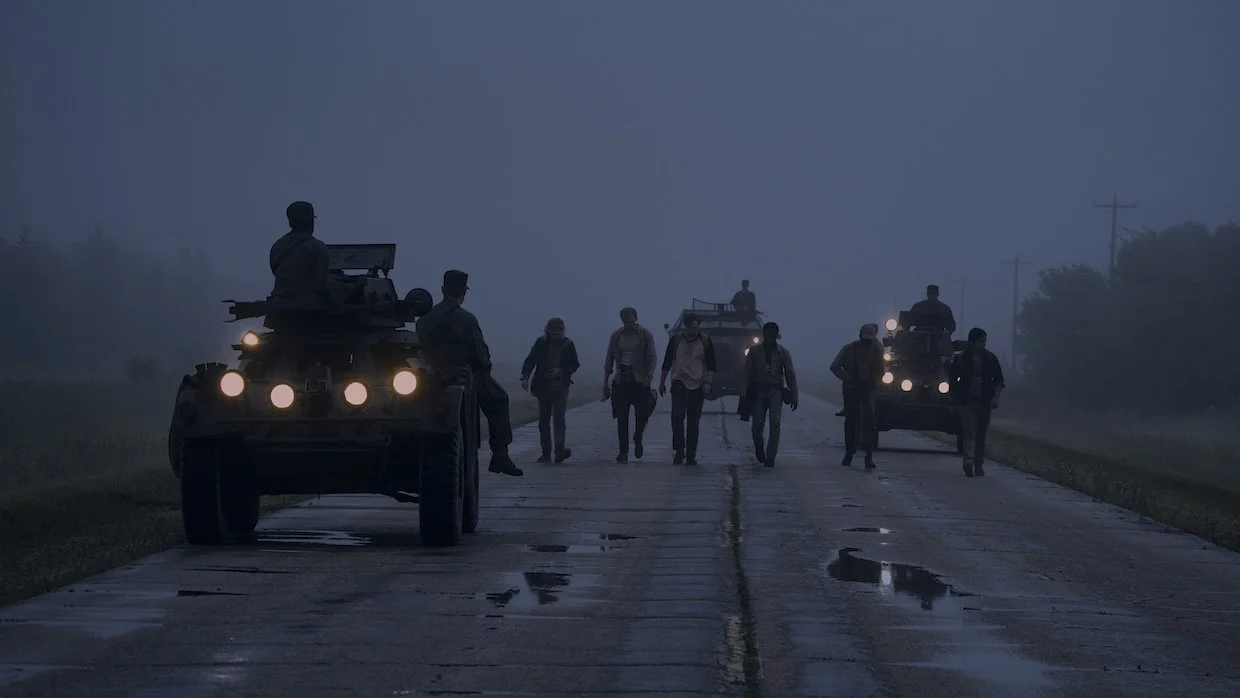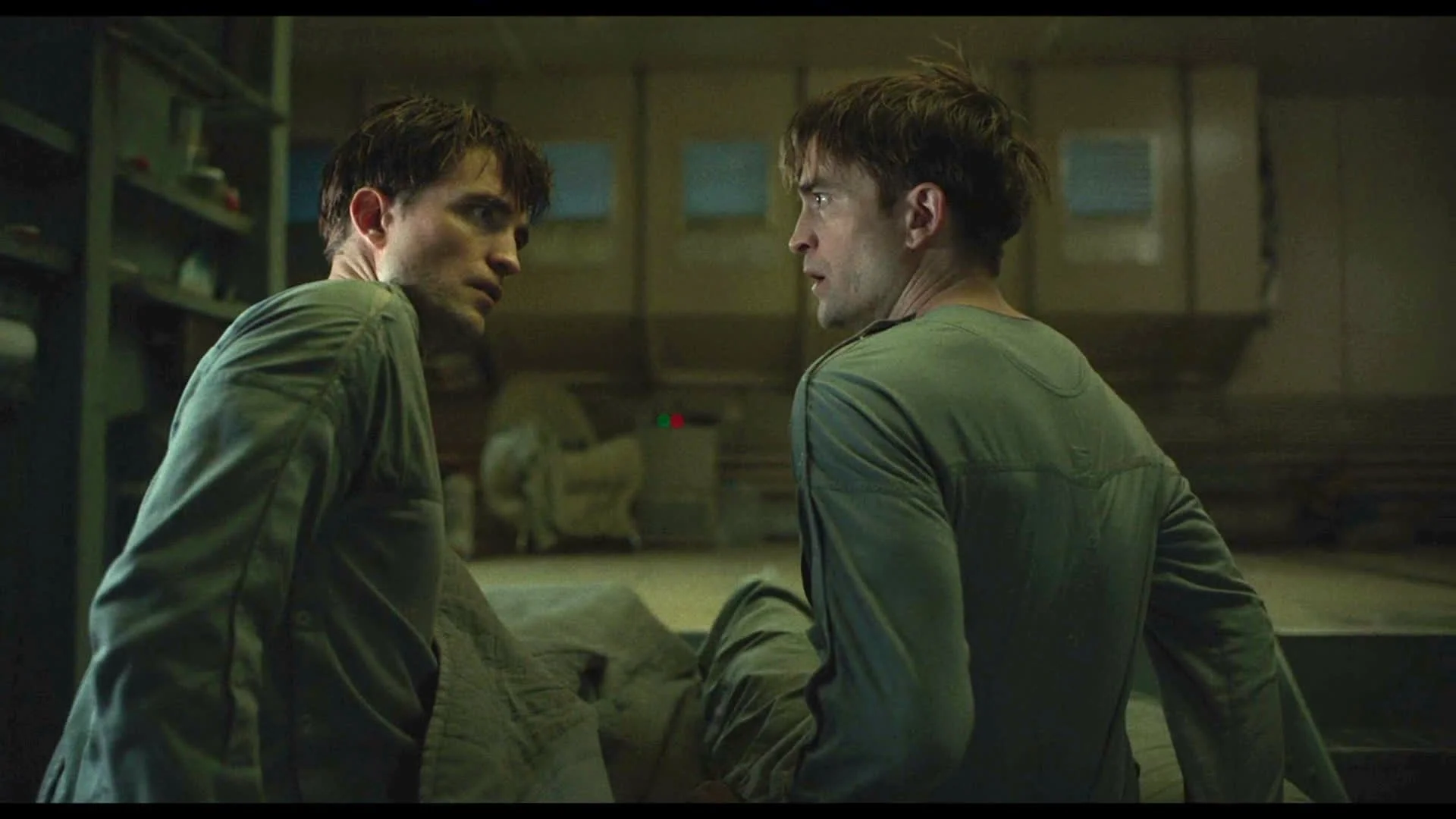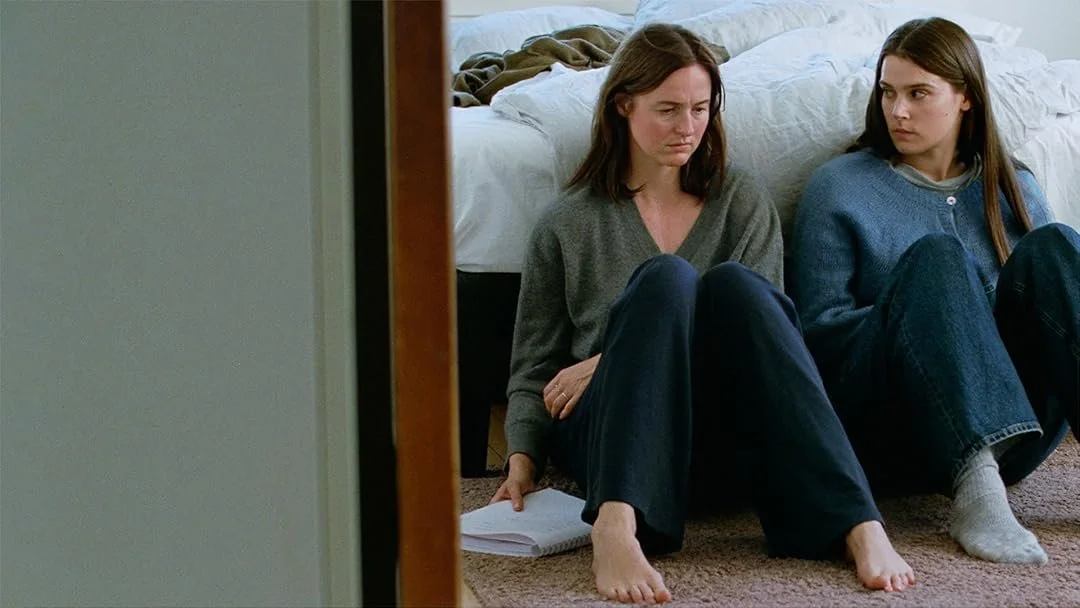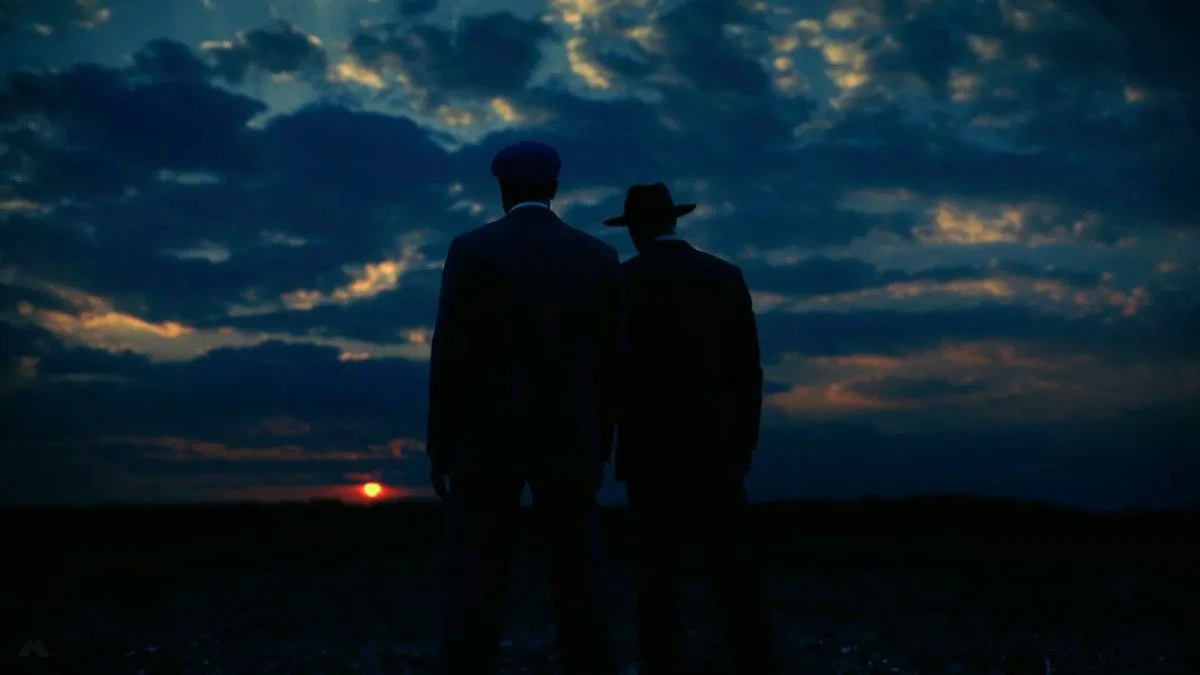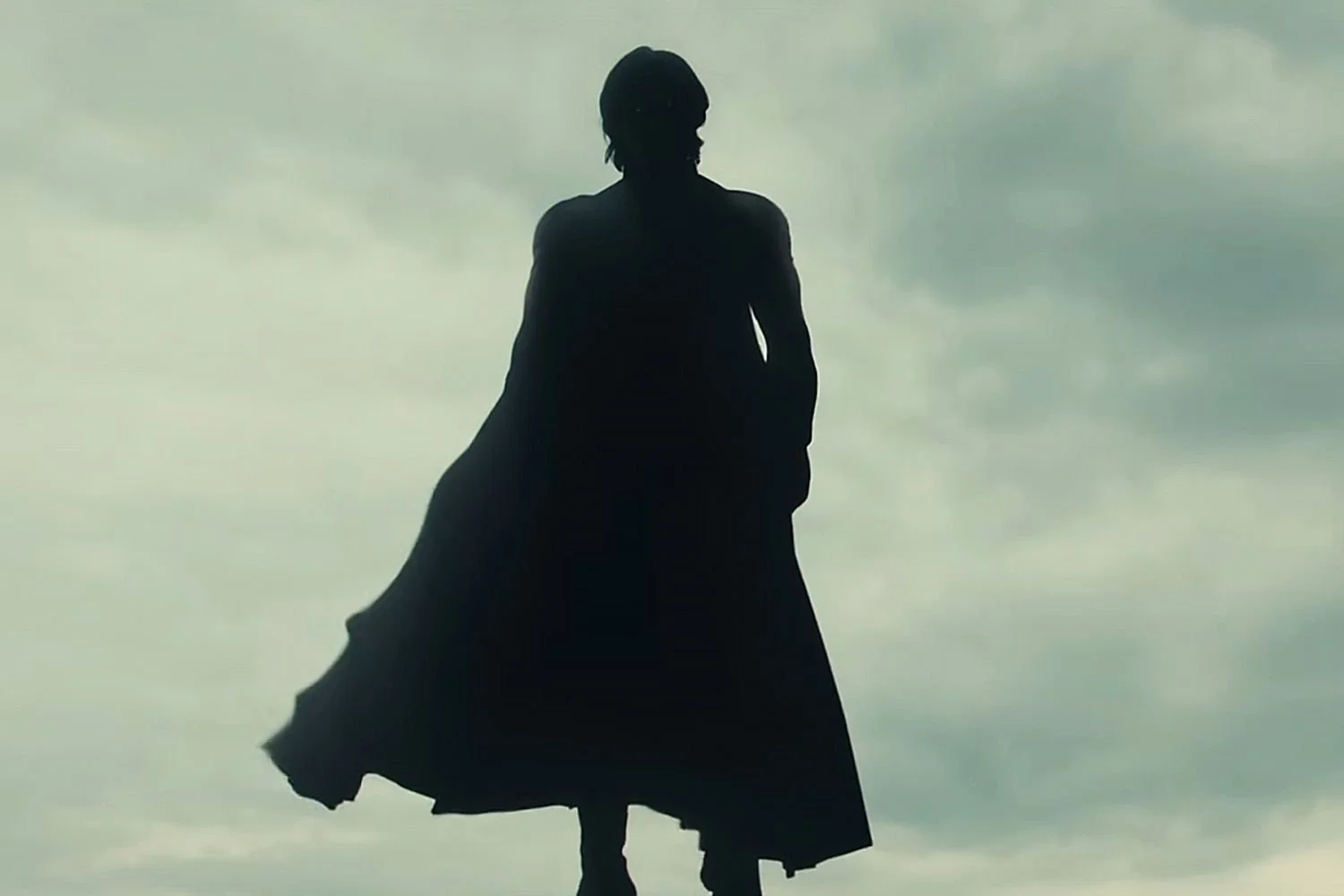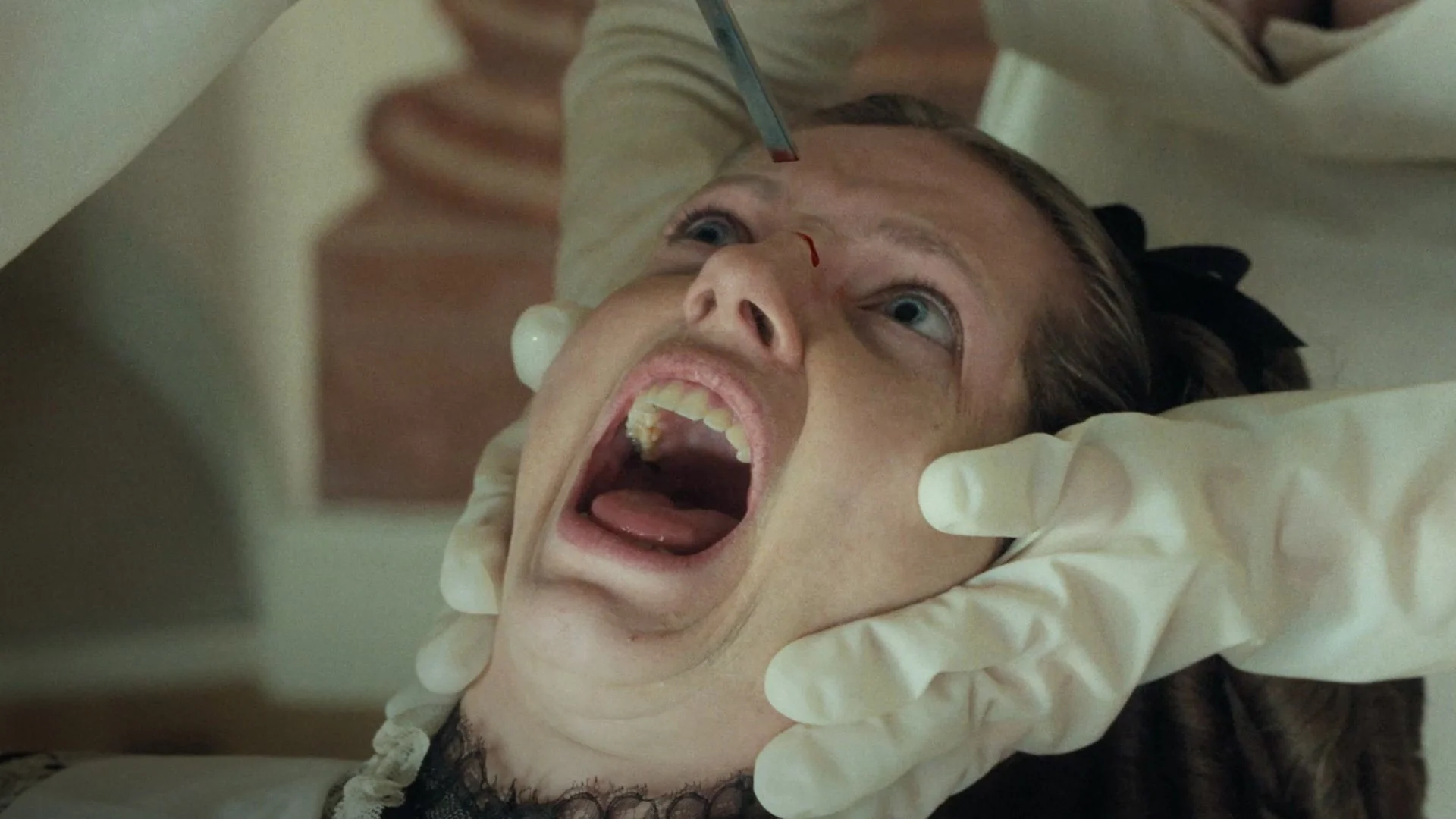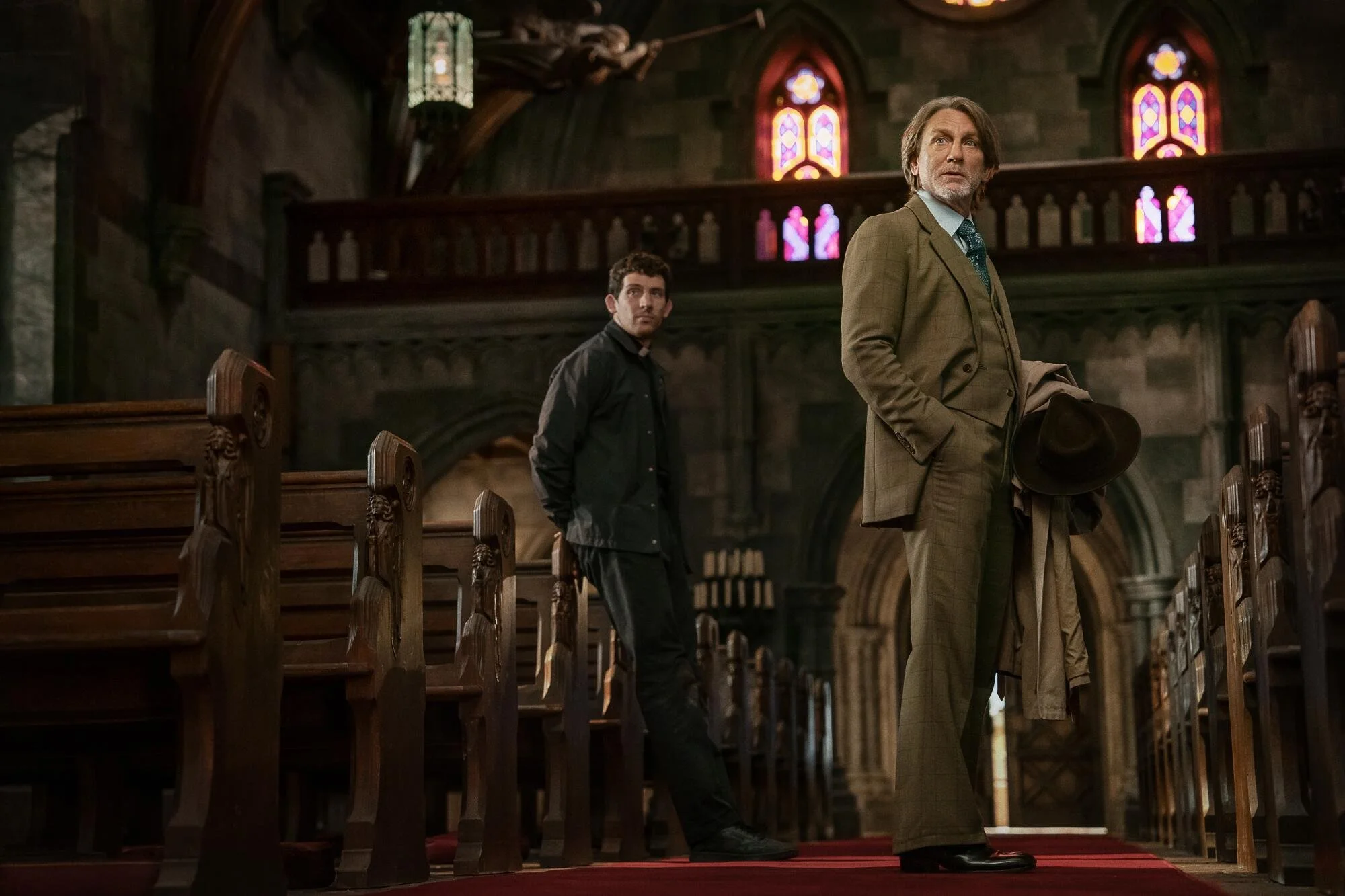So, 2013 was kind of a big year for me. It was the year I turned 31 and, during my 20s, I had let life kind of drag me away from my passions in a lot of ways. In 2012, I had a real emotional crisis and decided I needed to change my life in a lot of ways. One of those ways was engaging with my passions more and, of course, those passions included the arts. It was in 2013 that I started really cataloguing the movies that I watched and trying to review a lot of them. I've always wanted to go back to 2013 and start logging my years on Letterboxd. I've sporadically done yearly lists on Letterboxd, but they're incomplete and only cover a few years here and there. So, long story short, I started the project and, after pulling my old Word document where I tracked all of the movies, I logged my 2013 in movies. And then I found my list of albums from 2013 and logged them over on Discogs. I continued from there and I intend to continue even further, so without further ado, I present links to a few lists I’ve done recently.
I should note that since I saw 2013 as a kind of reinvention, I logged movies/music/etc I had encountered prior to 2013 if I encountered them again, so these lists include a lot of classics that I had already seen before 2013, but I included them because I really do see 2013 as the start of a new chapter, kind of a beginning again.
Blog
Je n'aime pas dans les vieux films américains quand les conducteurs ne regardent pas la route. Et de ratage en ratage, on s'habitue à ne jamais dépasser le stade du brouillon. La vie n'est que l'interminable répétition d'une représentation qui n'aura jamais lieu.
Top Twenty 2025 Movies I Saw in 2025, Part 2
All right, in alphabetical order, here is the second half of my top twenty.
The Long Walk
The Mastermind
Mickey 17
Mission: Impossible - The Final Reckoning
One Battle After Another
Sentimental Value
Sinners
Thunderbolts*
The Ugly Stepsister
Wake Up Dead Man
